
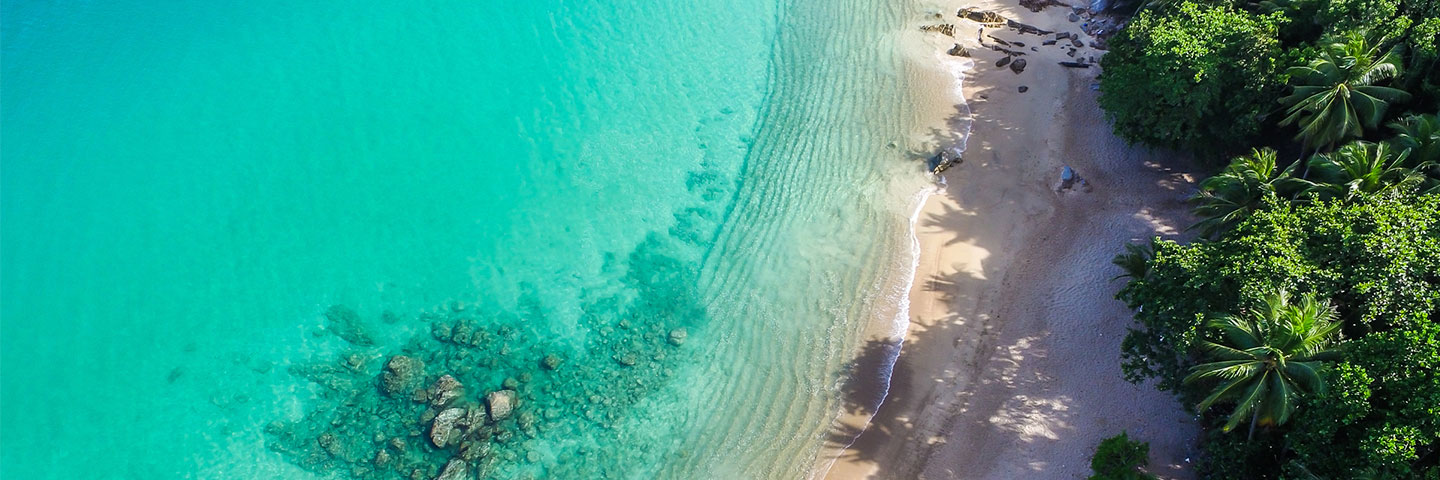
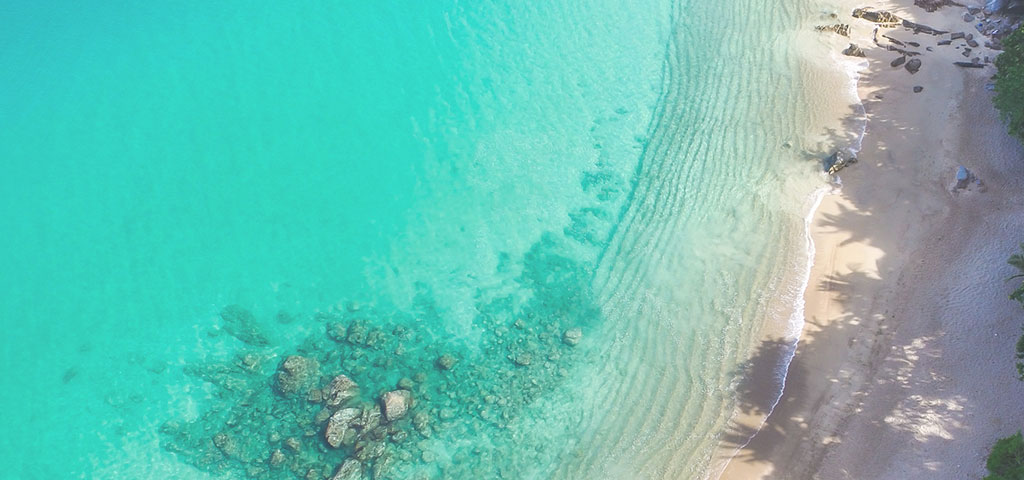
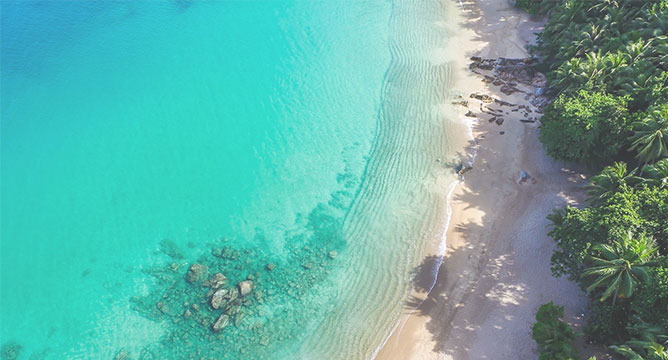
Preserving our environment for future generations.
We remain committed to being a responsible corporate citizen by fostering a culture of awareness and respect for our world’s resources. Our core company values extend beyond our ships and encourages the preservation of the precious natural resources that are integral to our success. Our ability to offer fantastic guest experiences relies on the clean and healthy marine environment and well-being of the destinations we visit. Our mission is to continually improve our sustainability culture through fresh innovation, progressive education and open collaboration.















We understand that protecting our environment and our oceans is not only vital to our industry but also to our planet. Our Safety, Security, Health and Environmental Protection policy establishes our commitment to conduct our operations safely, securely and with sensitivity to the environment around us. Preserving our oceans and protecting our environment is one of our core company values that we strive to meet through our daily goals:
Across our fleet, we have implemented many of the most innovative environmental policies and technologies in the cruise industry. As such, we meet or exceed all international, national, state and local port regulations, including those set by MARPOL, the U.S. Coast Guard (USCG) and the U.S. Environmental Protection Agency (EPA). We are also accredited to the international ISO 14001 standard for Environmental Management Systems. This achievement recognizes that we utilize a core set of standards for an effective environmental management system that reduces our environmental impact and increases our operating efficiency.
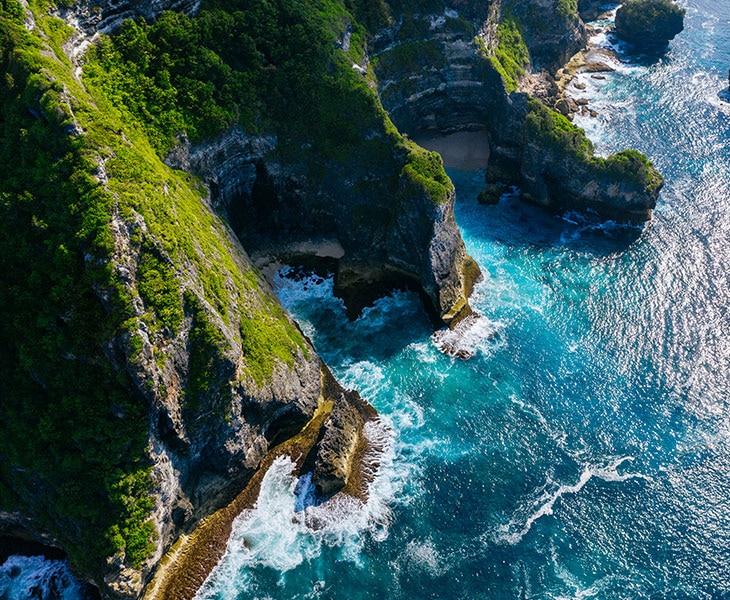
ONBOARD PRODUCTION:
Ship water is primarily used by our guests and crew in their staterooms for showers, bathtubs and sinks but is also used for galleys, laundry, pools, whirlpools, spas and cleaning public spaces. We have focused our efforts on increasing water production onboard with sophisticated plants that use seawater as the source, which reduces the need for the bunkering of fresh water. This is particularly important in countries where fresh water is limited and best reserved for local populations.
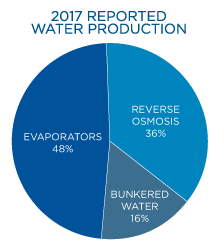
Graph Disclaimer: Figures are based on Norwegian Cruise Line Holdings 2017 water production data.

To treat wastewater on board, all ships are equipped with wastewater treatment systems. Wastewater is run through these systems and treated prior to discharge, resulting in effluent that meets or exceeds international sewage regulations and many municipal wastewater facility standards. Regent Seven Seas ships are equipped with Advanced Wastewater Purification systems (AWPs). Every ship’s wastewater is tested quarterly by a third-party, and our environmental officers also conduct weekly water quality tests to ensure we continue to meet all standards.
BILGE WATER
Collected bilge water is held in storage tanks but can only be discharged after meeting international, national and company regulations. To ensure compliance, all ships are equipped with an automatic stopping device and an oil content meter, which work to confirm the ship’s compliance. This equipment will analyze and record the oil content of the bilge. If the bilge water does not meet these requirements, discharging is automatically stopped and the bilge water is recirculated until these standards are met. The remaining bilge water that cannot be discharged is collected and landed ashore to an approved vendor.
BALLAST WATER
To operate safely and comfortably, ships perform an operation known as ballasting, which helps to ensure trim, stability and structural integrity. Filling ballast tanks with ocean water helps stabilize ships, providing comfort to guests and crew. As water is discharged or as fuel is consumed, ships take on seawater to assist with stabilization. In calmer seas, ballast water may be released in a new environment. Treating ballast water before release removes tiny organisms that may have been picked up in transit in order to safeguard local ecosystems.
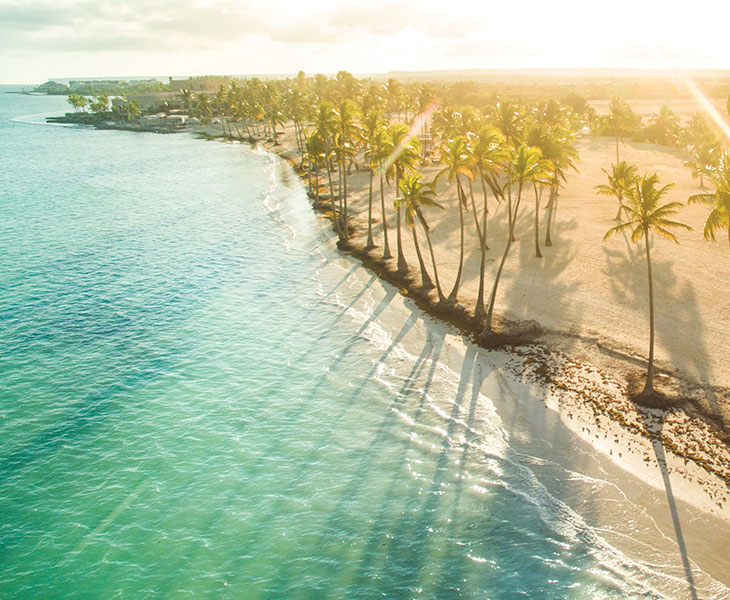
Our ships call on sensitive areas of the world, and we strive to lead by example as we strive to continue to be effective stewards. Regent Seven Seas enforces a zero-tolerance policy for any items thrown overboard. If an environmental incident is observed, guests, crew and shoreside employees are encouraged to use the “Doing What’s Right” hotline.
Proper implementation of a progressive waste management program lessens the environmental impact of our operations, reduces pollution, promotes diversion of material from landfills, conserves natural resources, saves energy and lowers ship fuel use. Waste is reduced through reusing and recycling, with clear bench marks serving as our measurement for waste minimization
EMPLOYEES WORKING TO MITIGATE WASTE
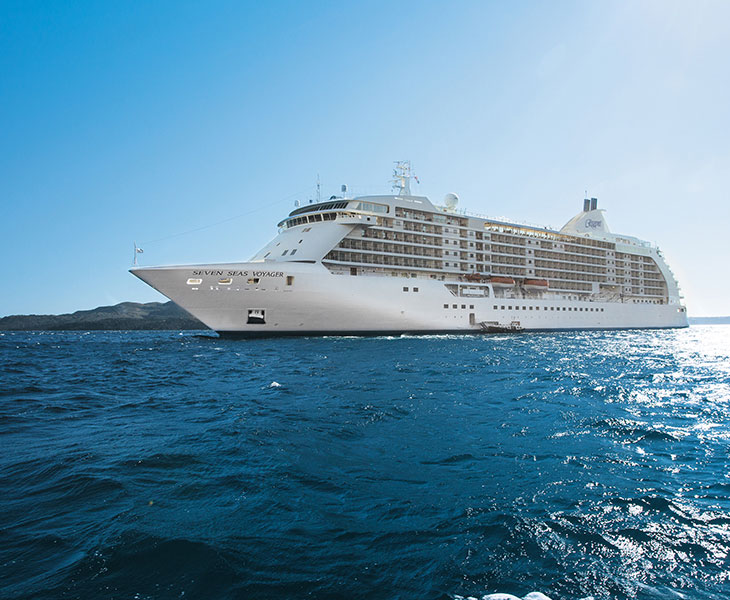
FUEL & ENERGY EFFICIENCY
Climate change is one of the defining issues of our time. How governments, organizations and individuals choose to respond to it will have lasting effects for not only our lifetime, but future generations. Knowing this, we believe it is our obligation as leaders in the cruise industry to do our part and help mitigate actions that may influence changes to our climate on a large scale. We are always focused on continuous improvement and are ready to explore new opportunities as our fleet grows
ENERGY SAVINGS
Data is collected from all our ships to track the largest energy consumers on board and to assist in establishing Key Performance Indicators to identify where energy efficiency improvements can be made. Our goal is to focus on the large energy consumers and explore solutions to optimize operations and lower consumption.
One of the most successful programs implemented on our ships is Wasted Heat Recovery (WHR). This process works by recovering heat from the engines and transferring it to freshwater piping, which allows us to utilize a free source of energy for improving water production and saving fuel.

Every ship sails with an Environmental Officer (EO) whose job includes the implementation, training, oversight and verification of shipboard environmental compliance, in addition to providing shoreside assistance for developing environmental policies and procedures. The EO is also available on board to answer guests’ environmental questions,provide hands-on crew trainings and help ensure crew stay on course with the ISO 14001 program.
Prior to assuming their shipboard duties, all crew members learn the basic requirements for ensuring environmental compliance through our Environmental Familiarization Training. Each crew member also receives specialized environmental training that is appropriate to their individual job and responsibilities.
Have a question, comment or concern about our Sail &Sustain Environmental Program? Feel free to contact us.
Toll-Free: 1-877-501-5976
International: 1-305-436-4003
RSSC:EnvironmentalHotline@rssc.com